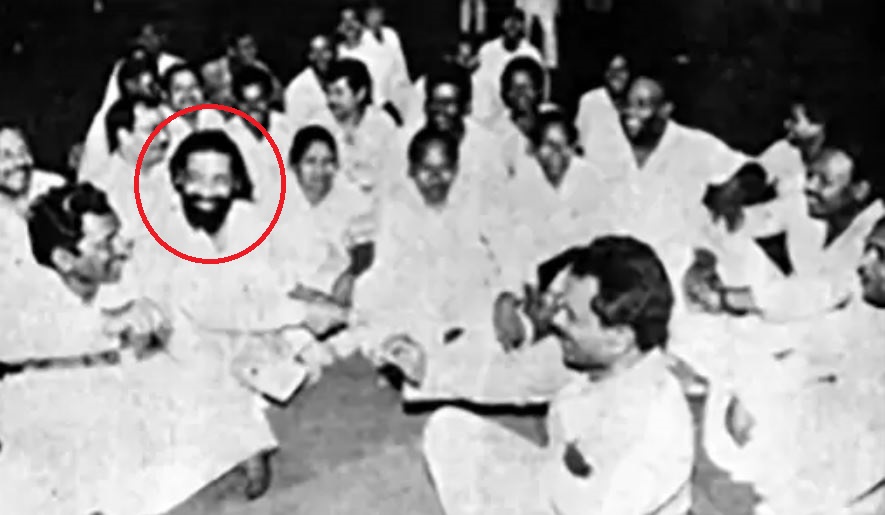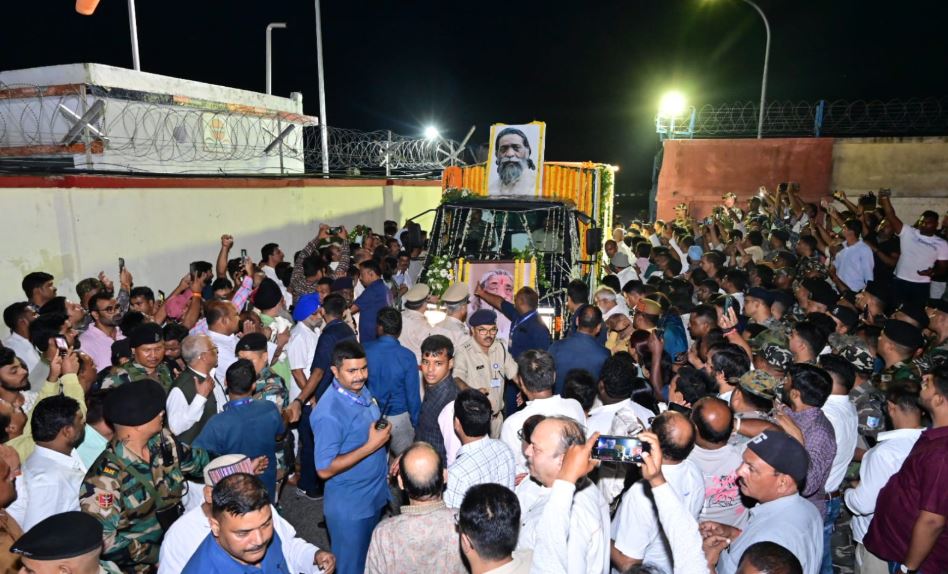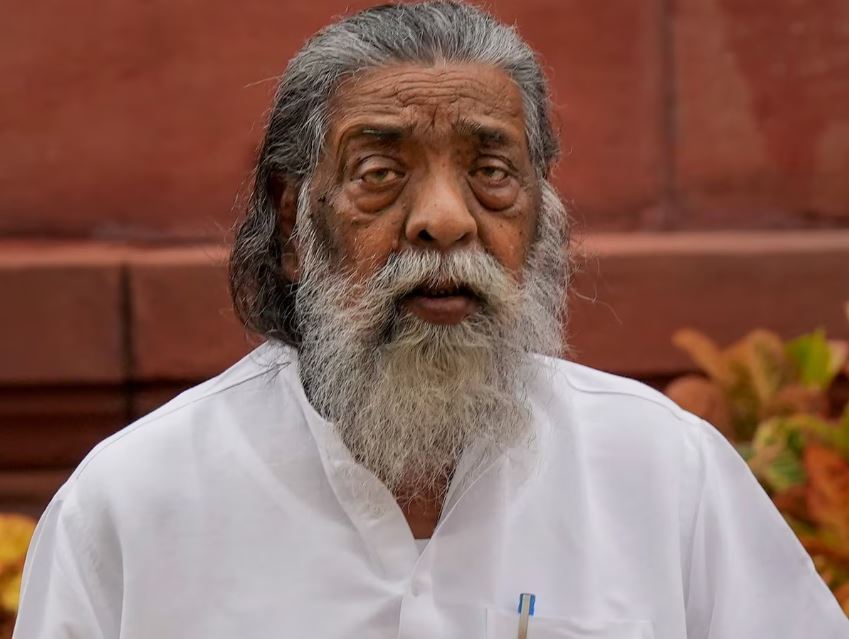Shibu Soren, known as Dishom Guru passed away at 81 in Delhi. Founder of JMM, he led the movement for separate Jharkhand and served as CM thrice. His journey from grassroots activism to Parliament inspired generations. the state declared a three-day mourning (4th Aug to 6th Aug), cancelled all official events, shut offices on Aug 4–5, and ordered flags at half-mast. His son and Chief Minister of Jharkhand Hemant Soren called him the protective shade of Jharkhand and its people.
Veteran tribal leader, Jharkhand Mukti Morcha (JMM) founder, and former Chief Minister of Jharkhand, Shibu Soren, popularly revered as Dishom Guru, passed away on Monday morning at 8:56 AM at Sir Ganga Ram Hospital in New Delhi. He was 81 years old and had been ailing for several months due to a serious kidney condition. He had also suffered a stroke nearly six weeks ago, after which his condition continued to deteriorate. For the past month, he had been on life support.
The Jharkhand Government declared a three-day state mourning from 4th to 6th August, and ordered the National Flag to be flown at half-mast on all state buildings. Government offices remained closed on 4th and 5th August, and official events were suspended.

A Man of Soil, A Saint of the Forest
Chief Minister Hemant Soren, his son, broke down while addressing the media. “He was a protective shield for Jharkhand. That shield is gone today,” he said, unable to hold back tears. Prime Minister Narendra Modi called him “a tireless warrior for tribal rights, the poor and marginalised”, adding that Soren had deep affection for his land and was often seen engaged in farming during free time. Former CM Champai Soren said, “He was a leader who could walk through forests and villages and sit in the Assembly with the same ease. His simplicity and earthy connect were unmatched.”
From Shivlal to Dishom Guru, A Journey Forged in Resistance
Born on 11 January 1944 in Nemra village, present-day Ramgarh district of Jharkhand, Shibu Soren had grown up in the shadows of hardship. At just 13, he lost his father, Shobaran Soren, to moneylenders’ brutality. The tragic loss transformed young Shibu forever. He gave up formal education and decided to take on the exploitative Mahajani system that had enslaved tribal communities for decades.
His early political journey was full of failures. He lost the village headman election from Barlanga, and also faced defeats in the 1972 and 1977 Assembly elections from Jaridih and Tundi respectively. But despite setbacks, Soren continued to mobilise tribal communities against landlords, usurers, and systemic oppression. His resolve turned him into a movement leader.
During this period, he started the now historic “Dhan Katni Andolan” in the Santhal region, an agitation to ensure land and labour rights for tribals and backward communities. The movement made him a household name across tribal belts of eastern India. He often travelled village to village on a motorcycle to awaken people. A story abound of him escaping attackers by jumping into a flooded Barakar river with his bike, and miraculously swimming to safety. Locals hailed it as divine intervention and began calling him “Dishom Guru”, meaning “The Teacher of the Land” in Santali. (Courtesy – Dishom Guru: Shibu Soren, written by Anuj Kumar Sinha, Senior Journalist)

The Man Who Gave Jharkhand Its Identity
Shibu Soren’s greatest contribution came in 2000, when he played a pivotal role in the formation of Jharkhand as a separate state. In July that year, while the Monsoon Session of Parliament was underway, Soren staged a massive protest in Delhi, threatening to block the national supply of coal and minerals from Jharkhand if the statehood bill was not passed. His firm stand pushed the Atal Bihari Vajpayee led NDA Government into action. The bill was finally tabled on 2 August 2000, despite resistance from Odisha MPs, and Jharkhand was born.
Also Read: Government to Introduce Eight New Bills in Parliament’s Monsoon Session, Starting from 21st July

Parliamentarian and Three Time Chief Minister
Soren first entered the Lok Sabha in 1980, and went on to be elected in 1989, 1991, 1996, 2004, 2009, and 2014. He briefly served in the Rajya Sabha in 2002, and was also Coal Minister in the UPA-1 government in 2004. He served as Chief Minister of Jharkhand three times in 2005, 2008 and 2009, but his combined tenure lasted only about 10 months. In March 2005, he had to resign within 10 days due to lack of majority. His 2008 stint lasted just over four months, and in 2009–2010, he once again resigned within five months after political instability and electoral defeat in a crucial by-poll from Tamar.
Also Read: Jharkhand’s Finance Minister Demanded State Control Over CSR Funds

Final Journey
Shibu Soren’s mortal reached Ranchi at 6 PM on 4th August, where state honours would be accorded. His last rites would be performed in his native village. As Jharkhand mourned, schools and offices remained shut, and the tricolour flew at half-mast. “A giant has fallen, but his shadow will remain over the forests, fields and hearts of Jharkhand,” said a schoolteacher in Dumka, summing up what the man meant to millions.
Join the WhatsApp Group of Business Jharkhand to Stay tuned for all the latest updates of industrial-political developments in Jharkhand.


